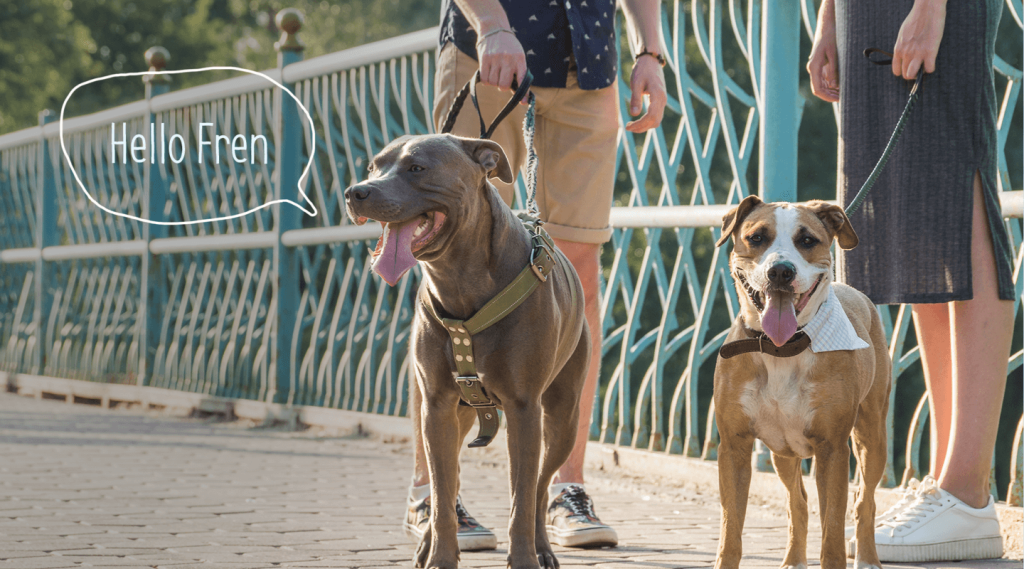Pet socialization is a crucial facet of a canine’s over all well-being, adding considerably for their intellectual, psychological, and behavioral development. This process requires exposing dogs to various environments, people, animals, and stimuli, supporting them become well-adjusted and comfortable customers of society. Early socialization, typically during the pup point, is specially vital, since it units the foundation for a dog’s conduct during its life. Pups are inherently interested and open to new activities, causeing the point an opportune time to introduce them to a varied range of situations.
Good relationships with other pets perform a crucial position in pet socialization. These connections support dogs learn proper connection skills, realize cultural cues, and develop a healthy sense of hierarchy in just a pack. Well-socialized dogs tend to be more versatile, less prone to anxiety, and better equipped to handle story situations while they mature. It is vital to show them to numerous breeds, sizes, and temperaments to ensure a well-rounded socialization experience.
Introducing pets to various situations and stimuli is equally vital. From vibrant downtown adjustments to serene normal landscapes, exposing dogs to diverse surroundings helps them acclimate to different sensory experiences. That exposure fosters adaptability, reducing the likelihood of fear or anxiety in new situations. Moreover, positive experience of different appears, designs, and things contributes to a more confident and well-adjusted canine companion.
The position of positive support can not be overstated in the context of pet socialization. Reward-based training practices, coupled with treats, praise, and devotion, develop positive associations with new experiences. This encourages pets to see cultural relationships and novel circumstances as satisfying and satisfying, reinforcing desired behaviors. Persistence is key during the socialization process, allowing dogs to development at their own speed and build self-confidence gradually.
Structured playdates and controlled interactions with other dogs provide important learning opportunities. These connections help pets improve their interaction skills, understand proper enjoy behavior, and build boundaries. Tracking these communications assures a positive knowledge, preventing negative encounters that may subscribe to concern or aggression. Socialization is a continuous method, and normal exposure to new activities within a dog’s living assists maintain and reinforce good behaviors.
Beyond relationships with different dogs, exposing dogs to a number of persons is crucial. Including persons of various ages, genders, ethnicities, and wearing numerous apparel styles. Dogs that are relaxed around varied sets of people tend to be more probably be well-behaved in cultural options, lowering the chance of fear-based reactions. Mild and good introductions to new persons build a basis for confidence and self-confidence in a dog’s social repertoire.
Qualified pet socialization classes could be useful for both pups and person dogs. These courses, usually light emitting diode by skilled teachers, give a structured atmosphere for controlled communications and good exposure. Coaches information homeowners on successful socialization techniques, offering insights into canine behavior and communication. Additionally, class Inherited diseases labradors provide a supporting community wherever pet homeowners can share experiences and ideas, more increasing the socialization process.

In conclusion, pet socialization is a vibrant and continuous process that considerably plays a role in a dog’s over all happiness and well-being. Early, good contact with various stimuli, people, and surroundings lays the groundwork for a well-adjusted and confident person dog. Hiring good support, organized connections, and professional advice assures that dogs develop the social abilities essential for a good coexistence using their individual partners and fellow canine friends.
